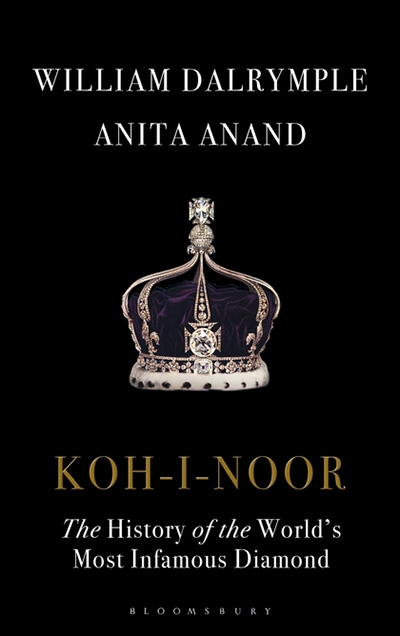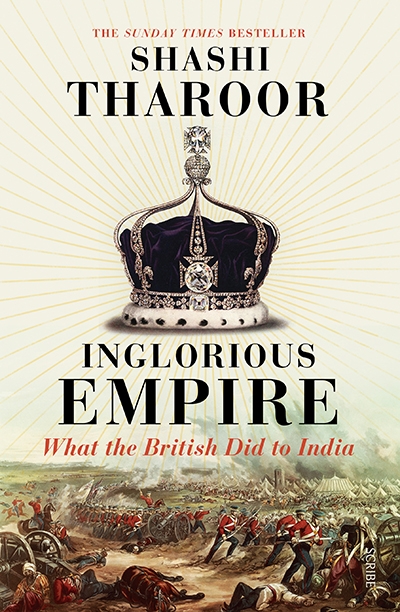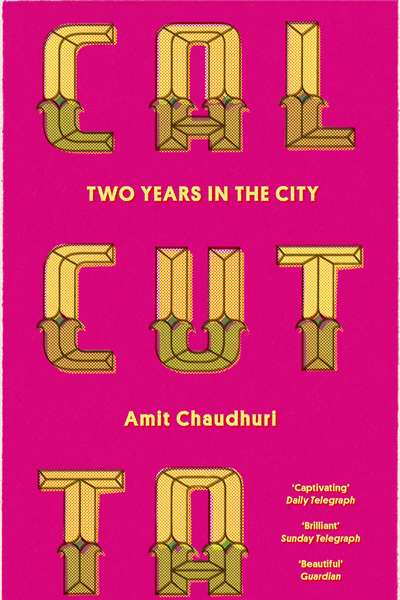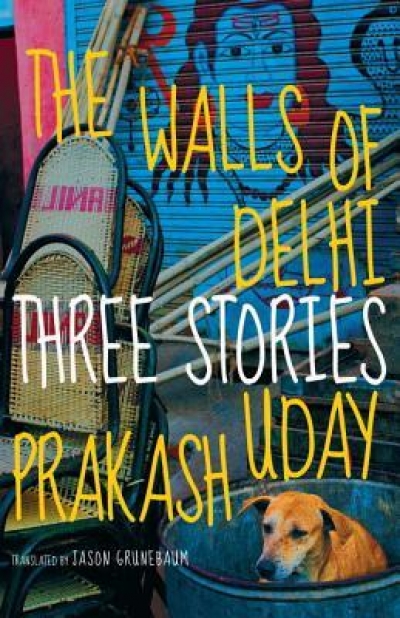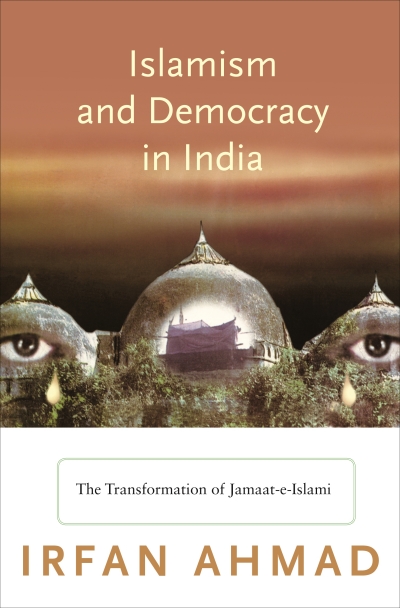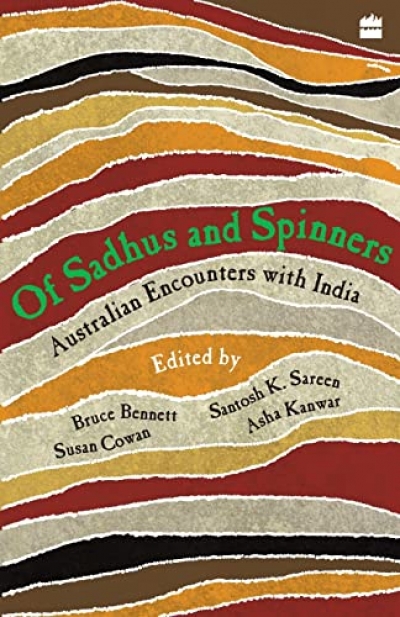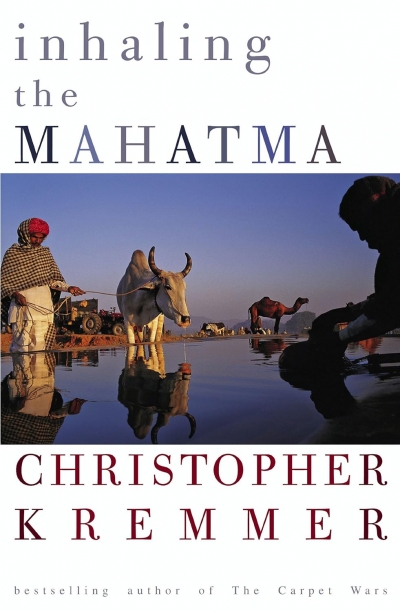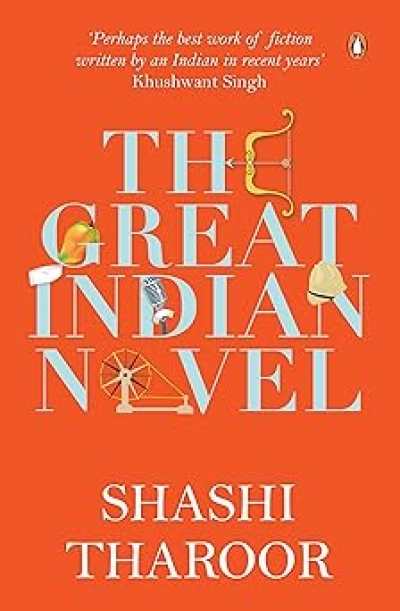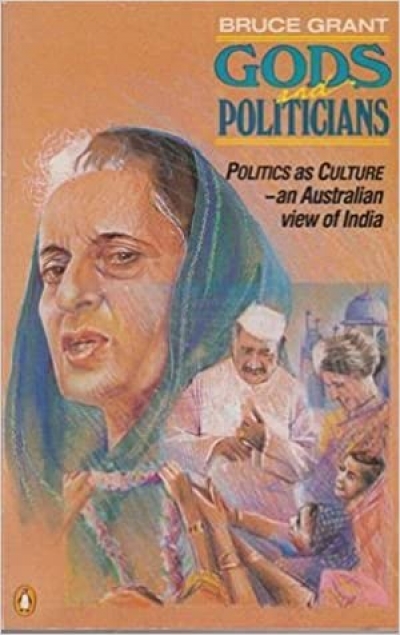India
Koh-I-Noor: The history of the world’s most infamous diamond by William Dalrymple and Anita Anand
by Claudia Hyles •
Inglorious Empire: What the British did to India by Shashi Tharoor
The Walls of Delhi by Uday Prakash, translated by Jason Grunebaum
'Letter from Jaipur: Free speech and sectarian tensions at the Jaipur Festival' by Claudia Hyles
by Claudia Hyles •
This year’s Jaipur Literature Festival (20–24 January) more than lived up to the Indian Ministry of Tourism’s slogan – ‘Incredible India’.
... (read more)Islamism and Democracy in India: The transformation of Jamaat-e-Islami by Irfan Ahmad
by Greg Barton •
Of Sadhus and Spinners: Australian Encounters with India edited by Bruce Bennett, Santosh K. Sareen, Susan Cowan and Asha Kanwar
by Rick Hosking •

